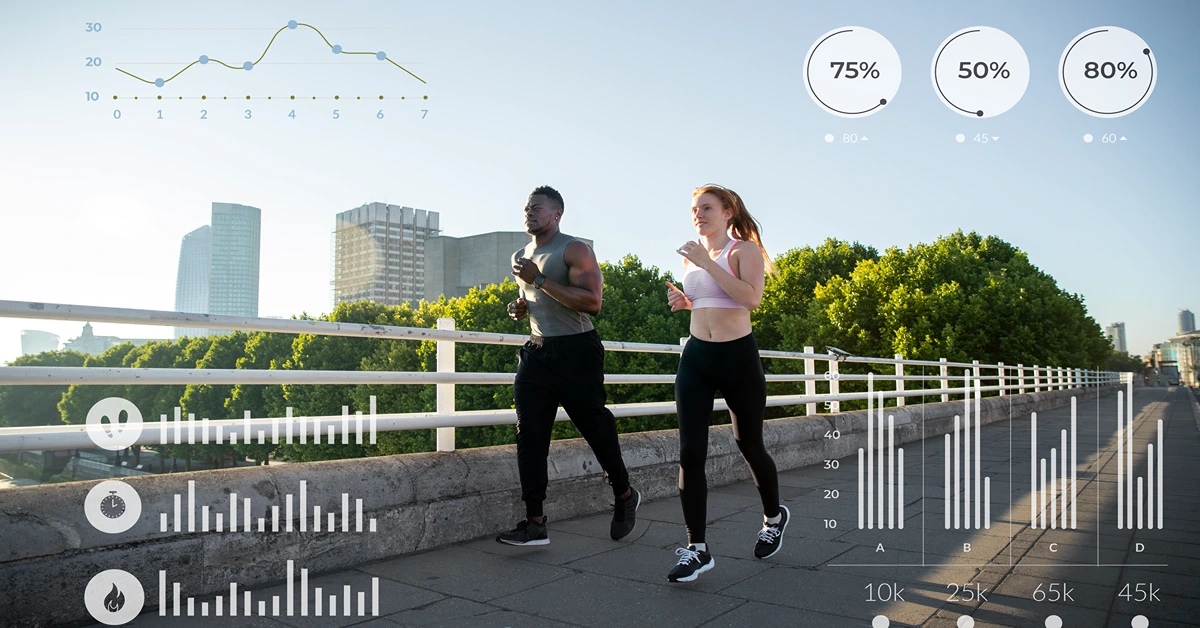Why is it important to know about this stuff?
The first 3 – 6 hours after the onset of the heart attack are utterly critical. First, most of the lethal arrhythmias seen with acute heart attacks occur during the first few hours. If these arrhythmias occur while the victim is under medical attention, they can virtually always be stopped in time to prevent a catastrophe.
|
Further, if the artery can be opened within the first few hours after the blockage occurs, much of the dying heart muscle can be saved, much of the permanent heart damage can be avoided, and the patient’s risk of death or permanent disability can be greatly diminished. But if treatment is delayed beyond 6 hours, the amount of heart muscle that can still be saved drops off significantly. |
If you are having a heart attack, the difference between life and death, or health and permanent disability, is measured in minutes. |
What this means, of course, is that if a patient having a heart attack tries to “ride it out” at home for a while, hoping the symptoms are due to indigestion or muscle strain, or if the medical personnel delay instituting therapy for any reason, the delay can lead to devastating and permanent results.
What symptoms should tip you off?
The classic symptoms of a heart attack include intense, sometimes squeezing, chest pressure or pain, often radiating to the jaw or left arm, and frequently accompanied by profuse sweating, or a nearly overwhelming sense of fear or impending doom.
Unfortunately, many patients with heart attacks do not have this classic presentation. Their discomfort may be relatively mild, and may be localized to the back, abdomen, shoulders, or either or both arms. Nausea and vomiting, or merely a feeling of heartburn, may be the only symptom. These less classic symptoms may not make patients think of a heart problem, and may keep them from seeking medical help. Indeed, up to 30% of heart attacks are diagnosed by taking a routine ECG long after the fact.
This is why people with one or more risk factors for coronary artery disease need to pay close attention to any unusual symptoms involving the upper half of the body. This warning would apply, for instance, for any middle-aged or older person who is obese, sedentary, a smoker, a diabetic, overweight, has high cholesterol, or has a family history of heart disease. (Ideally, of course, such people will have been evaluated by a competent physician who will have screened them for the presence of coronary artery disease, coached them on risk factor modification, and heightened their awareness of potential cardiac problems.)
What should you do if you think you might be having a heart attack?
|
If you experience any symptoms suggestive of heart attack, especially if you know you have risk factors for coronary artery disease, your key to avoiding death or permanent disability is to get yourself to medical help as soon as possible. If you live in an area where paramedics can get to you within a few minutes, then call for them. If it would be quicker to have someone drive you to a hospital, then do that. But get help right away. If you are having a heart attack, every minute is vitally important. And while you’re waiting for the paramedics, or while being driven to the hospital, take an aspirin. |
If you think you might be having a heart attack, get yourself to a hospital as fast as humanly possible.
|
The patients reluctance to get medical help is the most common reason for critical delays in therapy for heart attacks. It is probably coded into all of our genes to want to say, “This cant be my heart. Its got to be something else. Ill just wait a little while and see if it goes away.” As difficult as it is to push aside this natural tendency toward denial, if you know you’ve got an increased risk of heart disease, that’s what you need to do. This is one time you really need to listen to your body; if it feels like there is something terribly wrong, there probably is.
What medical personnel should do when you arrive
They should be taking your symptoms very seriously. This is not one of those times when you should expect to show up in the emergency room and sit around for two hours waiting for a sullen, gum-snapping clerk to take your insurance information. This is one of those times when they should immediately place you into a treatment room, and several individuals should simultaneously hook you up to a cardiac monitor, start an I.V., give you some oxygen, get an ECG, draw some blood tests, and begin asking you questions about your symptoms and examining your heart.
To make sure you elicit the correct response from emergency personnel, you’ve got to say the magic words as soon as you arrive. The magic words are, “I think I’m having a heart attack.”
Don’t tell them you’re here because your shoulder hurts, or you think you have heartburn, or that you have any of the other alternate possibilities you’ve imagined for yourself. Your attitude should not be, “Its probably nothing, so I won’t make a big deal. Let them figure out if its my heart.” If that’s your approach, you’ll get the sullen, gum-snapping treatment, precious minutes (or even hours) will be wasted, and you’ll pay a heavy price.




